
At Hiba Academy Shanghai, we attach great importance to our pupils’ connection to nature. We have recently redeveloped our nursery garden and facilities to include a number of natural planting areas for our pupils to explore nature throughout the academic year.
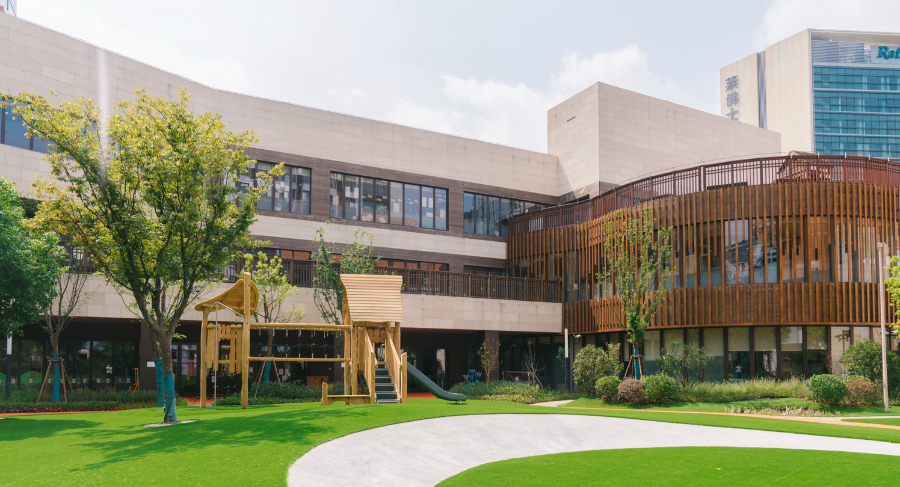
01
Why is a connection to nature
in childhood so important?
Technology makes life more convenient. Air conditioning keeps cool in the summer, but it drowns out the melodious sounds of the wind and the birds. Digital devices connect us and give us access to boundless knowledge. But excessive use can isolate us from the natural world around us.
For some children, a lack of connection to nature may cause potential problems. Overuse of technology can lead to a shortened attention span and inability to focus. This can have a huge impact on a child's learning journey.
In the early 1960s, ecologist, writer and activist Rachel Carson noted the importance of children connecting to nature when she said, "I should ask that her gift to each child in the world be a sense of wonder so indestructible that it would last throughout life."
She believed that when it comes to educating our children about nature, experiencing is more important than knowing. If we liken facts to seeds, feelings and emotions are fertile soil that nourishes seeds and early childhood is a time to prepare the soil.
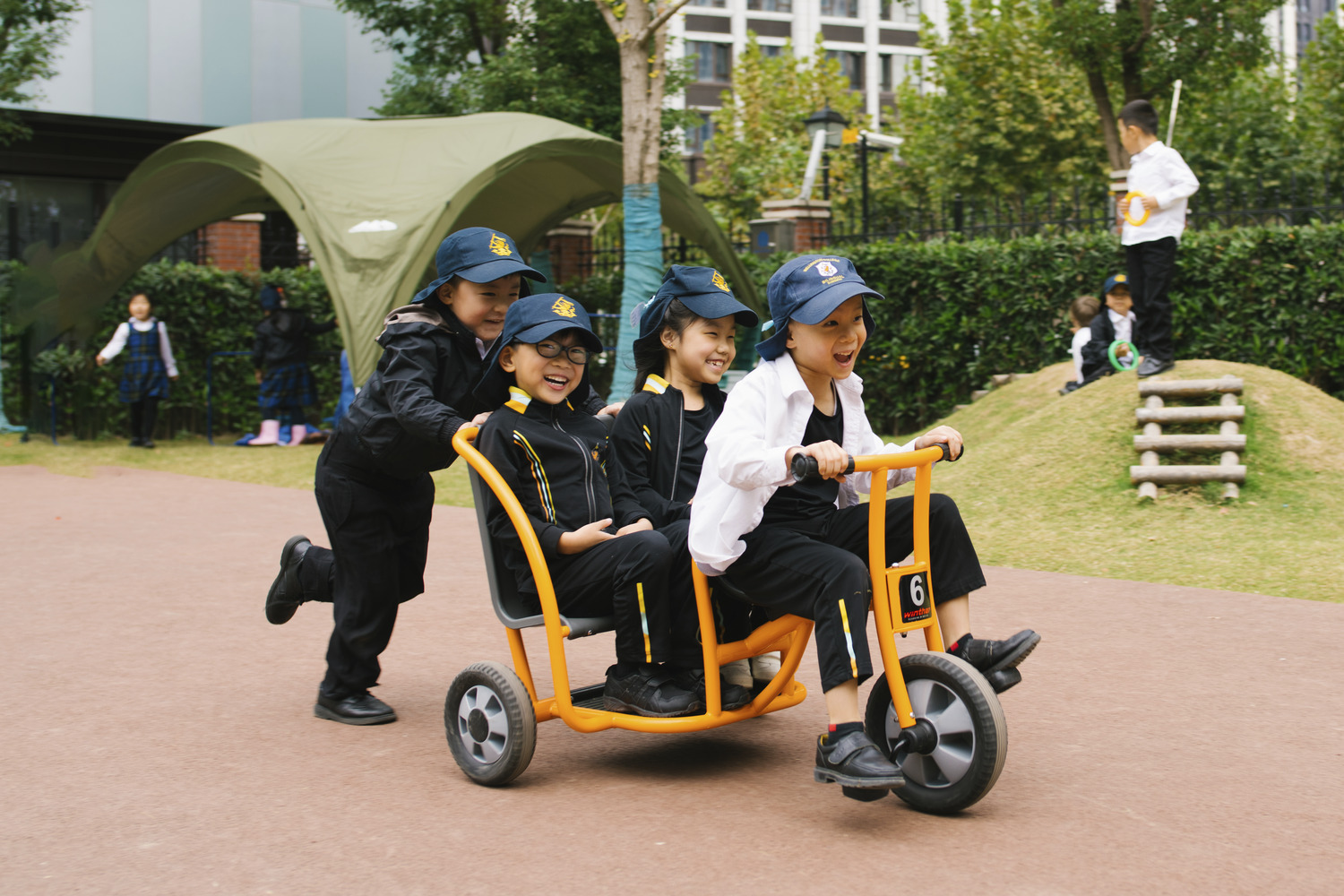
Exposure to the natural world allows children to cultivate aesthetic sensibilities. They learn to appreciate natural beauty. At the same time, the diversity of nature sparks curiosity by inspiring children to ask questions and learn about new things. These are skills that will remain children for life.
In addition, the power of nature will inspire in children a reverence for life. It teaches them the importance of protecting the environment and conserving our finite and invaluable resources.
02
How do we build a connection
to nature at the Nursery?
At Hiba Nursery, we have integrated learning about and appreciating nature into our curriculum framework. We also provide an excellent natural environment for pupils to independently explore.
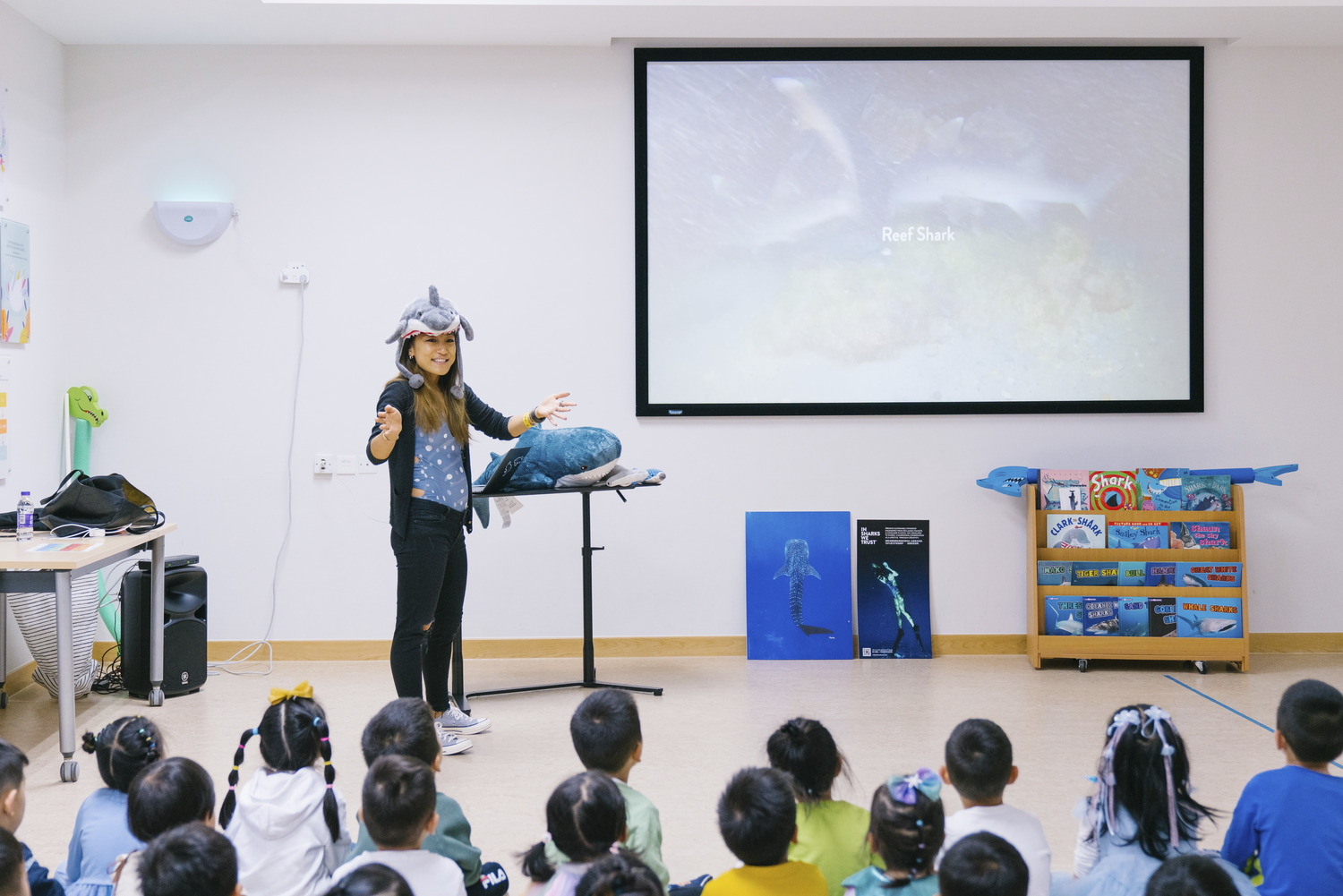
Chinese Arbor Day and Earth Day figure prominently in our annual event calendar. On Chinese Arbor Day, we encourage the children to go outdoors and experience nature with their senses. On Earth Day, we invite environmentalists to speak to our pupils about ocean conservation, marine life, natural resources, river management, and more.
We also incorporate traditional Chinese solar terms and holidays in our daily teaching, so that children can perceive the change of seasons. These activities help our pupils appreciate nature from a wide variety of perspectives.
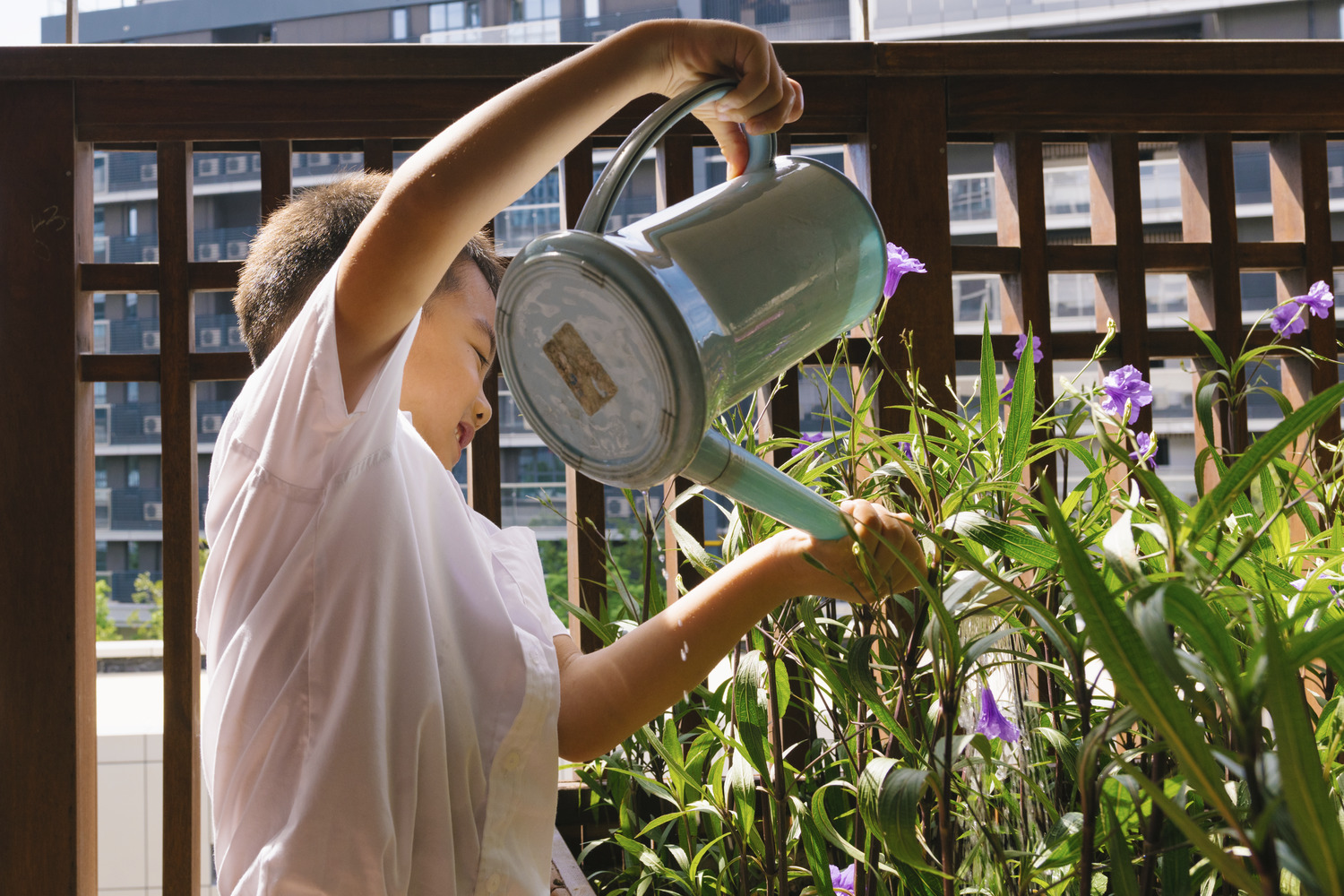
In our outdoor learning spaces children have the opportunity to run, climb and jump among the grass and trees. There are also some areas in the nursery where children can grow their own plants. Teachers and children work together in our vegetable garden, fertilising, watering, nurturing and watching as the seeds germinate, grow and bear fruit. Eventually, they will get to enjoy a harvest of organic produce together.
***
Providing all our pupils the opportunity to commune with nature requires a partnership with our parents. This is why we ask parents to incorporate elements of nature education into family life as well.
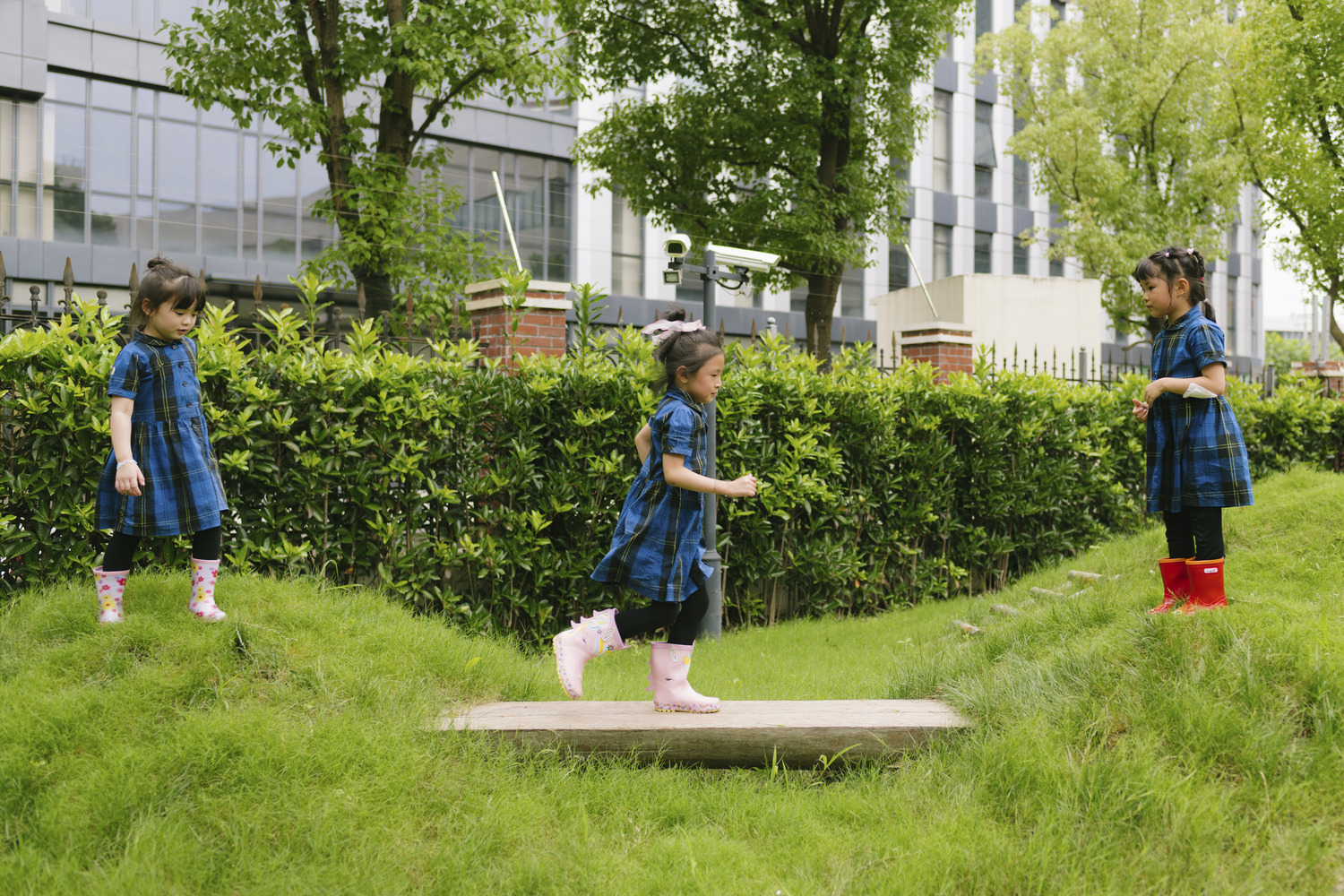
On sunny days, take your children outside to look up at the sky and observe the clouds, stars and moon phases. On rainy days, you can experience the raindrops and the humid air. You can also feel the changes of the natural scenery around you when the seasons change. We encourage you to take your children for a walk in a park, a mountain hike or even a camping trip. These are wonderful opportunities to bond and relax together as a family.

As your children grow up, the nature education they receive from you and the nursery will support and cultivate their sensory, cognitive and aesthetic abilities. This will benefit and nourish them long after they leave our nursery.